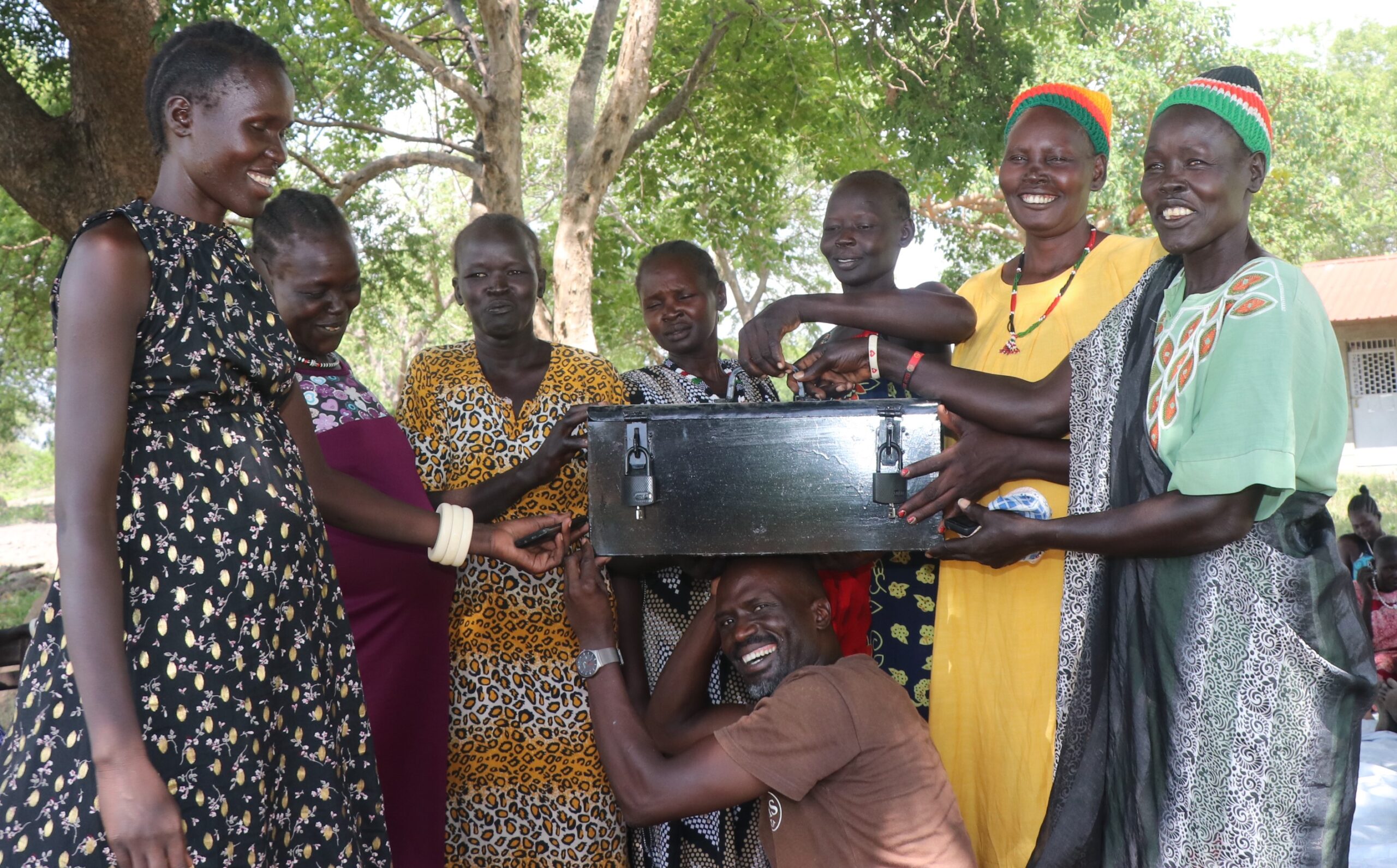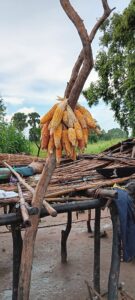
I can speak from experience having met groups of women, just last month in South Sudan, who are quite literally the rock for their communities especially for children.
For generations, women in rural settings have been at the heart of towns and villages, mobilizing communities, looking out for neighbours and championing vital issues such as education and gender equality.
This isn’t unique to Africa, women in rural Ireland have and continue to make positive impacts in their communities but like the injustices faced in the global south, they face similar challenges:
- Women in rural communities are severely underrepresented in decision making structures at local level. Only one in four members of local authorities are women and in sixteen rurally based councils, there are fewer than five women councillors (National Women’s Council of Ireland, 2023)
- In South Sudan, despite doing the lion’s share of housework and farming, women have few decision-making powers within the household or land ownership rights.
Although in two very different contexts, women’s exclusion in community decision making and lack of voice and representation means the needs and perspectives of women are often overlooked and in countries in Sub-Saharan Africa this is worsened triggered by poverty and gender-based violence which is at epidemic scale.
In Ireland, women’s contribution to farming and other family businesses goes largely unnoticed and unrecognised in statistics and policies. Inheritance and succession continue to favour men and family carers, majority women, is work often unappreciated and overworked.
Gender discrimination is an injustice felt by all women and girls regardless of time zones or borders.
Like the isolation rural farmers in South Sudan face in regard to access to basic services. Irish women in rural areas face social inclusion also.
- Average distance for the supermarket, pharmacy and GP is about seven times longer for rural families than for urban ones and parts of the island have no access to a rail network with areas more than an hour from Belfast, access to key services by public transport is particularly poor.
The purpose of this blog post isn’t to weigh and compare burdens rather it is about highlighting the parallels, and the same struggles women and girls face today.
In the context of our work, projects aimed at empowering women seeks to push back on the statistics and realities that disadvantage women.
Since 2014, the Multi-educational and Agricultural Jesuit Institute of South Sudan (MAJIS) in partnership with the Jesuits of East Africa, sought to address food insecurity to an entire county, roughly 288 villages and home to the most marginalised communities in the country.

Corn produced by woman farmer in Akol Jal, Rumbek
The project focuses on women and knowledge transfer for sustainable farming, good agricultural practice & appropriate land use.
Before the project, rural women, suffered food shortages as climate change brought additional hardships and many relied solely on farming for survival – their lives have now been transformed in this Misean Cara Climate award winning project.
Fr Eric Wanyonyi SJ (pictured above with farmers and their savings deposit box) is the director of MAJIS and he has been working tirelessly to build sustainable farming enterprise and empower local farmers in the most marginalized areas of South Sudan.
So far, hundreds of rural women have been supported in various workshops from nursey planting to water borehole management and maintenance via the MAJIS Agricultural college in Rumbek (read more on that project: here) to empower women in not only facing environmental challenges but to develop local knowledge built on sustainability and strengthening livelihoods too. Famine and food insecurity is quite literally life or death for these communities and coping mechanisms for drought or mass flooding and reducing risk through education is a crucial lifeline.
To encourage entrepreneurship, in addition to climate smart agricultural trainings, women are being supported in building co-ops and collectives. With savings, women power and community collaboration is bringing about real change and development to the area.
Women power in action!
This year’s theme is ‘Rural Women Rising’ both a tribute and a call to action for the world to take note of the contribution women make to their communities and for collective action in advancing their livelihoods, leadership, rights, and resilience.
We are proud of the immense work made by women farmers in Rumbek and we will continue to share their stories and their voices here – so watch this space!
You can find out more about the MAJIS project: here
And for more our sustainability and eco-projects, click here

